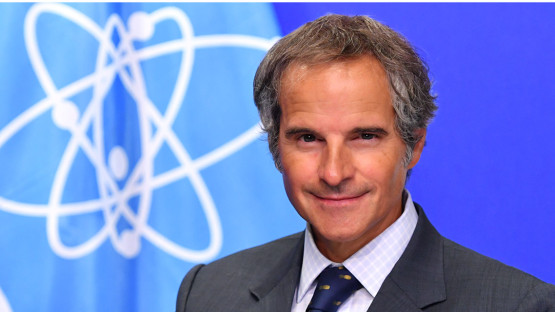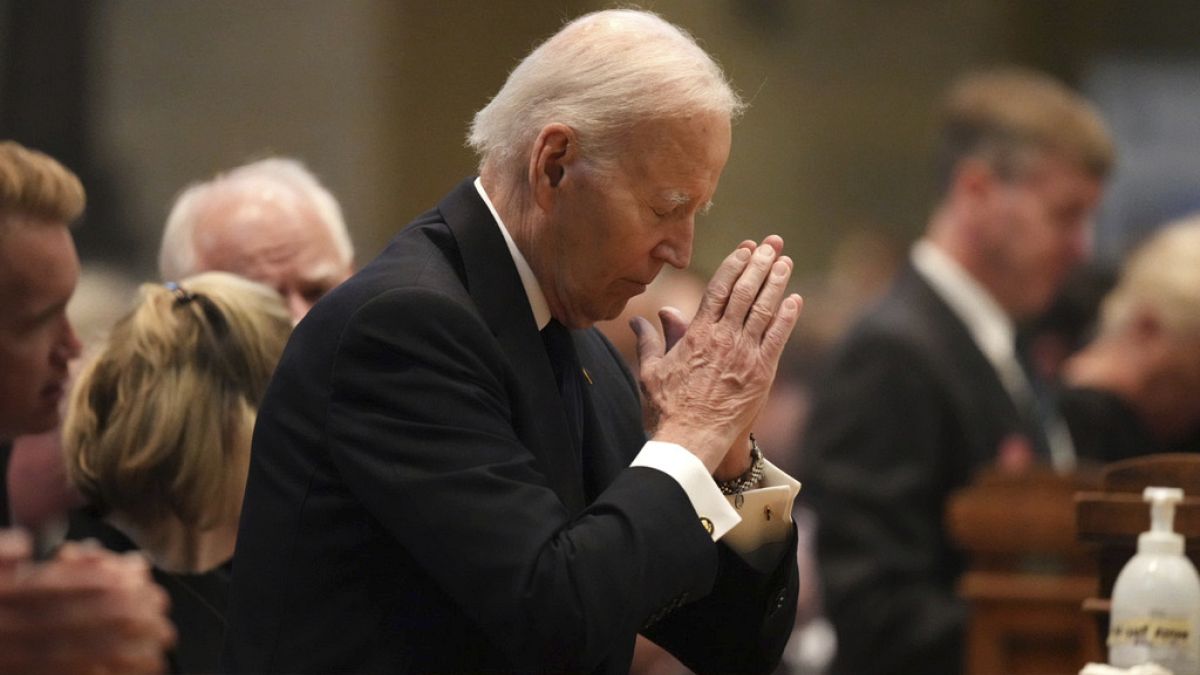UK's Immigration Rhetoric Sparks Controversy Amid Policy Reforms
The UK government’s latest immigration rhetoric has ignited public debate and political backlash as new policy reforms take shape. This article examines the language used by officials, its impact on immigrant communities, and the broader social and political consequences. As the country redefines its immigration framework, tensions rise over inclusivity, national identity, and human rights.

The debate surrounding immigration in the UK has reached an unprecedented level of intensity. As the government accelerates its push for new reforms, the rhetoric surrounding immigration is sparking fierce controversy across the country. This raises crucial questions: Is the UK shaping a more inclusive society, or are these policies deepening divides within communities? The stakes have never been higher, with the immigration conversation becoming a focal point for both political leaders and the public. As these policies evolve, the balance between national security, economic growth, and human rights hangs precariously in the balance.
The Evolution of the UK’s Immigration Policy
Over the decades, the UK’s approach to immigration has undergone profound transformations, influenced by shifting global dynamics, political pressures, and changing public sentiment. From welcoming immigrants in the post-war period to the contemporary debates about border control, immigration policy has mirrored the nation’s evolving economic and political priorities.
Following WWII, the UK saw a significant influx of workers from its former colonies, particularly from the Caribbean, India, and Pakistan. These immigrants played a crucial role in rebuilding the country’s war-torn economy, contributing extensively to sectors such as healthcare, transport, and manufacturing. With the UK's membership in the European Union, the free movement of people led to an influx of EU nationals seeking work and education in the UK. However, the 2016 Brexit referendum marked a turning point, signaling a desire for greater control over immigration. With the end of free movement after Brexit, the UK introduced policies designed to limit low-skilled immigration while encouraging highly skilled workers to settle.
As the political narrative around immigration grows more contentious, the question arises: how will the UK continue to refine its approach to migration in the coming years? This ongoing evolution is influenced by complex domestic and international factors, with each new policy reshaping the future of immigration in the UK.
The Impact of Immigration Rhetoric on Public Opinion
The power of rhetoric cannot be underestimated in the UK’s ongoing immigration debate. Politicians, media outlets, and public figures play a pivotal role in framing the national conversation. Whether portraying immigration as a threat or highlighting its economic benefits, the way the issue is discussed has profound implications for public perception.
The political discourse surrounding immigration often frames it as a threat to national security, public services, and societal cohesion. Terms such as “border crisis” and “illegal immigration” evoke fears of an uncontrolled influx of people, often linked to issues like crime and terrorism. This rhetoric serves to heighten public concerns, creating a sense of urgency around the need for stricter immigration controls. On the flip side, advocates for immigration emphasize its positive economic contributions, including the role immigrants play in filling labor shortages, paying taxes, and supporting public services. However, these positive narratives are often overshadowed by the more dominant negative portrayal in mainstream media.
As immigration rhetoric becomes more divisive, public opinion has become increasingly polarized. The rise of nationalism, coupled with economic uncertainties, has contributed to a climate where views on immigration are more fractured than ever. The portrayal of immigration in the media and political sphere has thus not only shaped policy but has actively influenced how communities view newcomers and perceive the broader socio-political landscape.
The Economic and Social Implications of Immigration Reforms
While much of the debate around immigration focuses on national security and cultural identity, the economic and social consequences of these reforms are equally significant. Understanding the impact of immigration on the UK’s economy and society is critical to assessing the long-term success of any policy changes.
Immigrants have long been an integral part of the UK’s labor force, particularly in sectors such as healthcare, agriculture, and construction. The National Health Service (NHS) depends heavily on foreign-born workers to deliver essential care, and agricultural and hospitality industries also rely on migrant labor. As the UK rolls out new immigration reforms, striking a balance between allowing enough skilled workers to enter while managing the flow of low-skilled migrants becomes increasingly challenging.
One of the most contentious points in the immigration debate is the perceived strain on public services like healthcare, education, and housing. While some argue that immigration places an undue burden on these services, others point to research showing that immigrants contribute more in taxes than they consume in public services. Moreover, immigration has significantly altered the UK’s demographic makeup, contributing to greater cultural diversity but also raising questions about social cohesion and the integration of newcomers into British society.
As these immigration reforms unfold, the economic and social implications will remain at the heart of the national discussion. Will these changes create a more sustainable immigration system that benefits both the UK’s economy and its society? Time will tell, but the outcome will shape the nation for years to come.
The Controversy and Backlash: Examining Diverse Perspectives
Immigration reforms have never been without controversy, and the UK’s recent policy changes have ignited significant backlash from various quarters. The government continues to defend its position, but critics argue that the policies and rhetoric not only fail to address the root issues but also harm vulnerable communities.
Human rights concerns have been central to the backlash against the UK’s immigration stance. Immigration advocates argue that the rhetoric surrounding immigration undermines the country’s international commitments, particularly regarding refugees and asylum seekers. The introduction of more stringent asylum policies, such as the controversial offshoring of asylum seekers, has faced harsh criticism from human rights groups.
Economic and labor concerns are also prevalent, especially from industries that rely heavily on migrant labor. The hospitality, agriculture, and healthcare sectors have voiced concerns that limiting low-skilled immigration will exacerbate labor shortages and increase costs for businesses and consumers alike. This tension between national interest and economic necessity adds another layer of complexity to the debate.
Nationalism has become a driving force behind the rhetoric surrounding immigration. For some, the focus on "keeping Britain for the British" raises concerns that the nation is abandoning its history of being a haven for those fleeing persecution and poverty. This clash between nationalism and inclusivity is at the heart of the ongoing debate.
As the UK continues to navigate its evolving immigration policies, the future remains uncertain. The rhetoric surrounding immigration continues to polarize the nation, with debates about security, economy, and identity intersecting in profound ways. Can the UK reconcile its economic needs with the values of fairness, inclusion, and compassion? Will these reforms succeed in creating a more sustainable immigration system, or will they deepen divisions within society?
The truth likely lies somewhere in between. The UK faces a delicate balancing act—one that will define the nation's approach to immigration for years to come. In the end, the ongoing dialogue surrounding immigration reforms provides an opportunity to reassess not just policy, but the values that define the UK itself. The road ahead is fraught with challenges, but it also offers a chance for meaningful change in how the nation engages with the world.




















































.png?Expires=1838763821&Key-Pair-Id=K2ZIVPTIP2VGHC&Signature=IO0~CT3pU-TcxGc~yoZSmoQx23MZVuK-~4jSii~NKEblRmyO3el7NXPu~Rh1o23voASg7hlcHLw4kvQuDK1jssEhcjoNBBvEpZ~GGOAU6yosBhpHpeF179F~h7i6VxmsBNh9gtTutkoqY73O2YCFey~IAqSzKbBqETP1kP9cAg1916Z1YkJJs-5MliMrkZ5d7-mWGLbpHp2wGj2VlMph8XzYlL4~y1O7fB~JdIS~Rs4RMRs2x0WT1qUIpHAsf3GdwtOyAmKFSpIg8xCyNGZZ5h~13nXlmpd7uPvW8tBfttpG9pFTqcway-uch5WyfHOEfi7UlJCOWrr6fCYY5PMgSg__)







